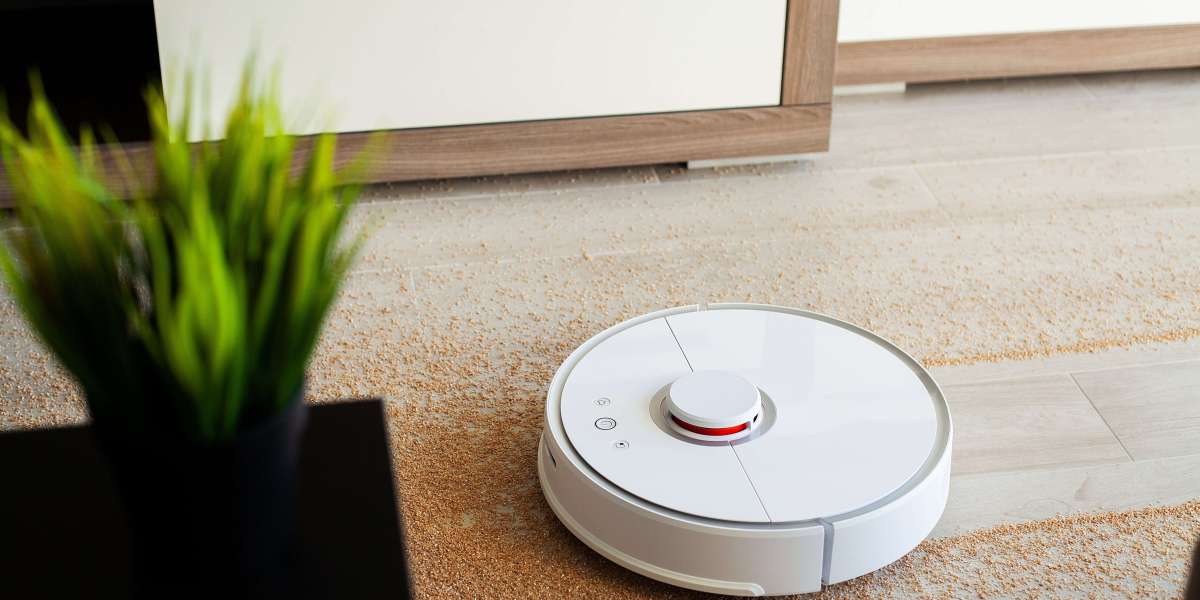In the regulated pharmaceutical and biotech industries, ensuring product sterility and container integrity is crucial. Container Closure Integrity Testing (CCIT) is a scientific method used to evaluate the ability of a container to maintain a sterile barrier against potential contaminants. FTI Incorporation, a leading provider of visual inspection and CCIT solutions in India, is at the forefront of offering advanced CCIT Kit, CCIT Challenge Sample, and compliance tools under its growing presence in CCIT India.
What Does CCIT Stand For?
CCIT stands for Container Closure Integrity Testing. It is a critical quality assurance process used in pharmaceutical, biotech, and medical device industries to ensure that containers such as vials, ampoules, syringes, and blister packs remain sterile throughout their lifecycle.
What is the Full Meaning of CCIT?
The full meaning of CCIT is Container Closure Integrity Testing, which involves a series of validated methodologies to test whether a container can effectively prevent the ingress of gases, liquids, or microorganisms. This ensures the safety, efficacy, and shelf-life of the product stored inside.
What is a CCIT Test?
A CCIT test is a scientifically validated procedure performed to detect any leakage or breach in the packaging system. The test determines whether the packaging of pharmaceutical or biologic products is intact and capable of preventing contamination.
There are various methods of conducting a CCIT test, broadly categorized into destructive and non-destructive techniques. These include:
- Vacuum Decay
- Helium Leak Detection
- High Voltage Leak Detection (HVLD)
- Microbial Ingress Testing
- Dye Ingress Testing
FTI Incorporation provides tailored CCIT Kit solutions that align with international regulatory standards such as USP <1207>, EU GMP Annex 1, and FDA guidelines.
What is the Principle of CCIT?
The principle of CCIT is based on detecting the presence of leaks or breaches in the container-closure system through physical or chemical means. Most non-destructive methods rely on physical property measurements such as pressure changes (Vacuum Decay), electric conductivity (HVLD), or tracer gas detection (Helium Leak).
For example, in Vacuum Decay, a vacuum is applied to the test chamber containing the sample. If the container has a leak, air will enter the chamber, causing a measurable pressure increase, which indicates a loss of integrity.
The CCIT Challenge Sample is often used to validate and calibrate the testing system. It is a pre-leaked container used as a control to verify the sensitivity of the equipment and test methods.
How to Perform a CCIT Test?
Performing a CCIT test involves several steps depending on the method used. Here is a general workflow:
- Selection of Test Method: Choose a validated method based on the container type, product characteristics, and regulatory requirements. FTI's CCIT Kit comes with documentation and training for method selection.
- System Calibration: Use a CCIT Challenge Sample to calibrate and verify the sensitivity and accuracy of the test equipment.
- Test Setup: Prepare the containers, load them into the test chamber, and initiate the test cycle using the selected technique (e.g., Vacuum Decay, HVLD).
- Data Acquisition: Monitor and record measurements such as pressure decay, electrical signals, or gas leakage rates.
- Result Interpretation: Compare the results against predetermined thresholds. A test result above the limit indicates a failure of container closure integrity.
- Documentation and Reporting: Record test results, validate findings, and maintain reports as per cGMP and 21 CFR Part 11 compliance.
FTI Incorporation provides complete test protocols and training modules in CCIT India, enabling pharmaceutical companies to confidently perform integrity testing across their supply chain.
What is the Purpose of CCIT?
The purpose of CCIT is to ensure that the packaging system maintains a sterile barrier throughout the product’s shelf life, thereby safeguarding patient health. Key objectives include:
- Preventing microbial contamination
- Maintaining product sterility
- Ensuring dosage accuracy
- Complying with regulatory guidelines
Regulatory agencies like the US FDA and EMA mandate CCIT as a critical component of stability studies, lot release, and qualification of packaging systems.
What is Positive Control for CCIT?
A positive control for CCIT is a deliberately compromised sample that is expected to fail the integrity test. This is used to validate the sensitivity and performance of the testing method. Typically, a small pinhole or laser-drilled micro-defect is introduced in the closure system.
FTI’s CCIT Kit often includes pre-fabricated CCIT Challenge Sample units to act as positive controls. These samples help to ensure that the method can reliably detect leaks of a known size, thereby demonstrating method validity.
Positive controls are an essential component of method development and routine system suitability testing. Their use is considered a best practice in both non-destructive and destructive test methods.
The Growing Importance of CCIT in India
With a booming pharmaceutical sector, CCIT India has become a vital area of interest for manufacturers, regulators, and testing laboratories. Indian pharmaceutical companies are increasingly investing in advanced container integrity systems to meet export standards and comply with global GMP regulations.
FTI Incorporation has emerged as a leading solution provider in this space, offering:
- Turnkey CCIT Kit solutions
- Training and consulting services
- Customizable CCIT Challenge Sample units
- Installation and validation support
- Regulatory documentation for compliance audits
By ensuring product integrity from the manufacturing line to the patient, CCIT plays a pivotal role in drug safety and efficacy. With technological advancements, real-time data logging, and automation, CCIT is evolving into a core part of pharmaceutical quality assurance.
Conclusion
As the pharmaceutical landscape continues to globalize, ensuring the integrity of packaging through robust CCIT methodologies is no longer optional—it’s essential. Whether you are validating a new container design or implementing a routine leak detection system, tools like the CCIT Kit, CCIT Challenge Sample, and expert support from CCIT India partners such as FTI Incorporation offer reliable, regulatory-compliant solutions.
FTI Incorporation continues to support pharmaceutical companies with cutting-edge CCIT technology and training, making drug products safer for patients worldwide. Through science, precision, and compliance, FTI stands as a trusted partner in the pursuit of container closure integrity excellence.
Contact FTI Incorporation today to learn more about CCIT solutions and how to integrate them seamlessly into your quality assurance processes.
Phone
+91 8200487148 | +91 9638344845
Info@ftinfsu.org| fti.nfsu@gmail.com
Indian Address
Forensic Technological Innovation, Incubated at National Forensic Sciences University, Sector 9, Gandhinagar Gujarat 382007, India.
USA office:
58 Albert Ct, City: Randolph, State: New Jersey Zip code: 07869 USA
Europe office:
Jisperveldstaart, 1024AT, Amsterdam








